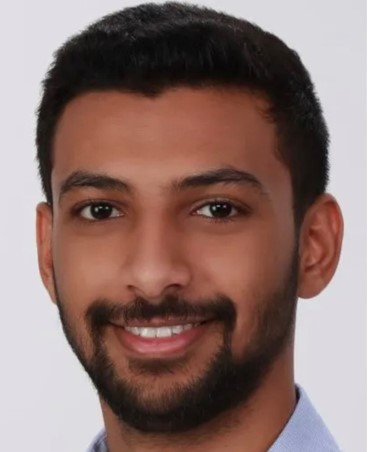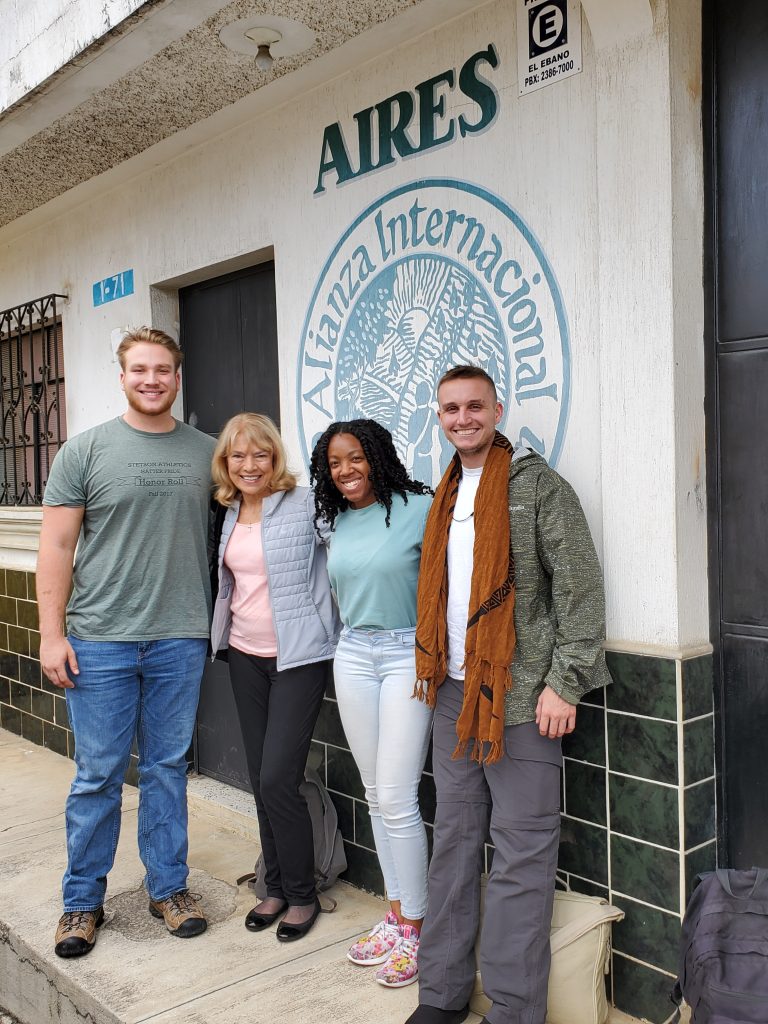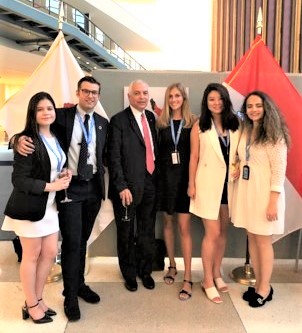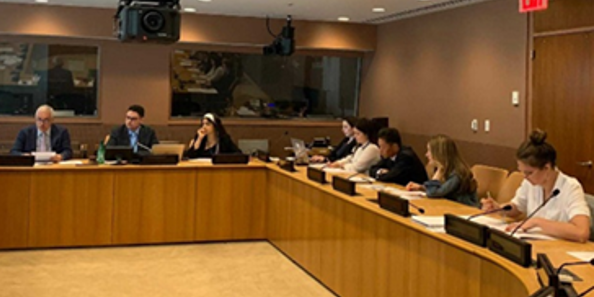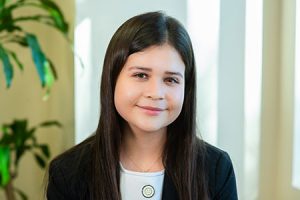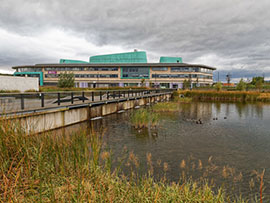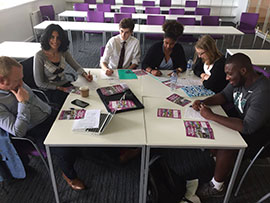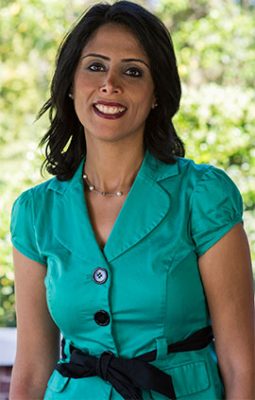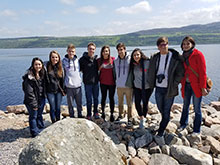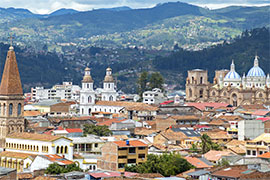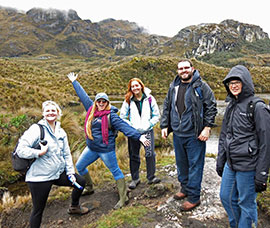The transition between spring, summer, and fall 2020 semesters drew on the unshakable resilience of our international students and deep care by Stetson. The chronology below offers evidence to this end and showcases obstacles and wins experienced by students in order to successfully rejoin Stetson this fall.
March 2020
With the declared need to place health first, students were encouraged to leave campus. Our international population response was different to domestic students. For many, leaving campus to travel outside of the U.S. created fear of not being able to return to complete their studies. Students who could or desired to go left rapidly, but this represented only 21% of the population. Most students stayed on campus while others left to reside off-campus with friends and family.
April 2020
International students overwhelmingly communicated feeling safest at Stetson housing until the end of the term. This was especially true for our graduating seniors, many of whom were applying to participate in Optional Practical Training (OPT), a post-baccalaureate employment training program. Our student-athletes were also interested in completing the season in the event that they could play. Some students were concerned about the impact leaving might have on scholarships and academic progress. A smaller group wanted to simply prolong their time away from home. Several students had to stay because of airports closures worldwide. By the end of April, a growing number of students began requesting financial help for accommodations to reside in the U.S. during the summer or assistance with departure from the U.S. Unfortunately, the federal CARES Act had no provisions for international students.
May/June 2020
U.S. immigration laws prohibit the employment of international students. Without financial recourse, homelessness was certain. Recognizing the dire need, staff at WORLD: Rinker Center for International Learning initiated a collaboration with offices across the Deland campus to seek summer funding to support international students affected by the pandemic. For example, Financial Aid, Development and Alumni Engagement, and Grants, Sponsored Research and Strategic Initiatives worked aggressively with WORLD to offer students $250 mini grants from the Stetson Student Support Foundation to offset the cost of first week of food and housing. Friends of Stetson also stepped up to offer just-in-time financial help.
96.2% students return fall 2020 180 total enrolled
Then, a significant win arrived in the form of a $35,000 grant from the Jessie Ball duPont Foundation to assist 19 students with housing, food, toiletries, and travel.
By the end of summer, almost $50,000 raised in grants and donations for 2020 summer housing & meal support. As a result, students from Armenia, Bulgaria, Egypt, Kenya, Latvia, Mexico, Pakistan, Taiwan, and Uganda were supported. And, no international student at Stetson fell out of federal compliance for a pandemic-related reason.
Students communicated deep gratitude for the care they experienced. An International Student Emergency Endowment Fund was created to aid students with emergencies. The fund is in need of additional resources to reach the $25,000 minimum required for endowment status.
July 2020
On July 6, federal regulation changes threw the entire international learning community into upheaval. The ICE guidelines required international students to leave the country if universities offered required courses online. In addition, enrolled students were required to be physically present in the U.S. to complete studies online and maintain international student status. Our students indicated being afraid, angry, confused, uncertain, depressed, losing hope, and downright frantic over the possible loss of traction in continuing their studies. Frequent communication from Stetson to students and parents via webinars, emails and WhatsApp messaging became an imperative, as was translating how the ICE guidelines would impact each unique situation. Fortunately, the guidelines were overturned and returned to previous status quo.
August 2020
Students began arriving on campus early to complete the required 14-day quarantine. Several had to quarantine in another country before arriving at Stetson. Their willingness to self-isolate for as many as 28 days indicates students’ grit and a strong sense of connectedness and belonging to Stetson.
Today, our international students are thriving and taking courses while residing on-campus, off-campus, and abroad (above). In sum, students’ resilience and Stetson’s community of care created brighter futures and a powerful win for our students.

